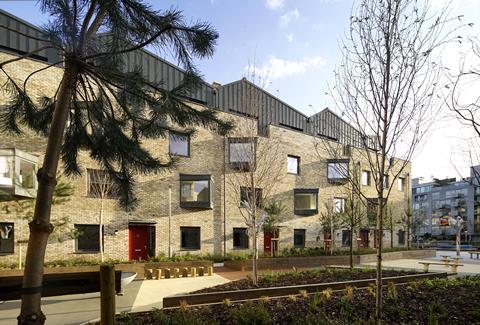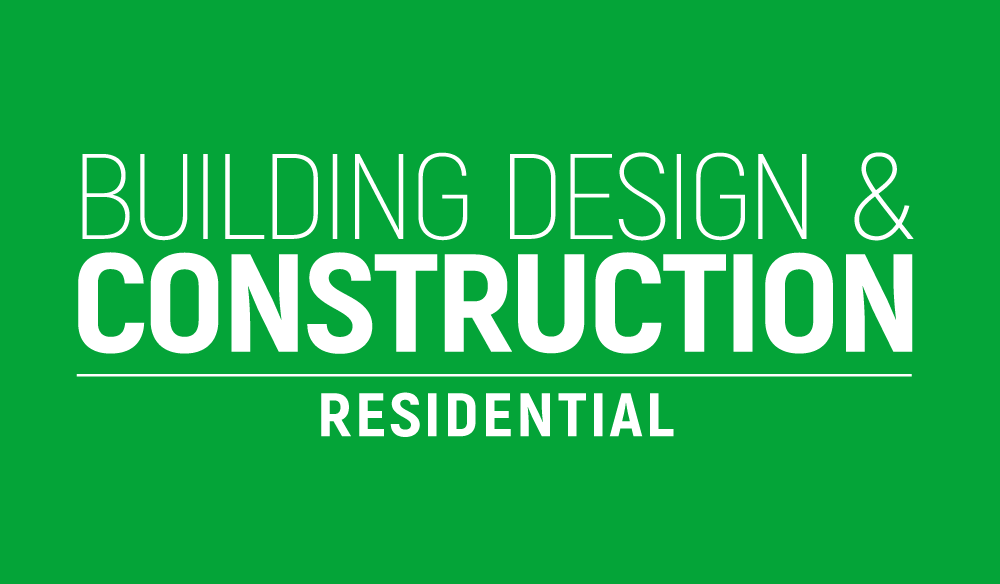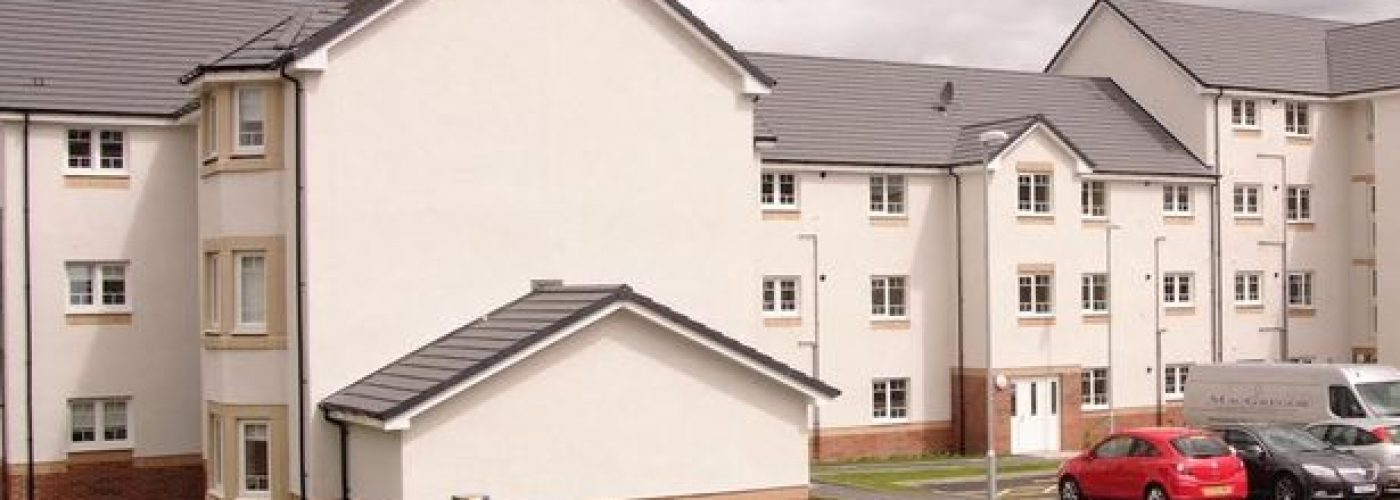Initiative to ensure registered providers don’t miss out on mountain of ‘ethical’ investment cash
A group of more than 60 housing associations, lenders and investors have come together to launch a standard designed to help the housing sector harness the £2 trillion ethical investment market.
The Sustainability Reporting Standard for Social Housing has been set up to ensure housing associations are able to prove their ethical credentials to institutions looking to invest in so-called ESG – Environmental, Social and Governance – assets.
The market for ESG investments is thought to be worth £2 trillion in the UK, money which housing associations are increasingly being asked to justify their ethical credentials to access.

The new standard, published for consultation today, has been pulled together with the support of 34 housing associations and 27 lenders and investors, including Lloyds, NatWest, LGIM and M&G. Housing associations backing the project include a number of the biggest in the sector, including Peabody, Clarion, Optivo, Sovereign, the Guinness Partnership, and Home Group. The standard has been drawn up by consultants Centrus and the Good Economy following a consultation in May this year.
The social housing sector is thought to be the first to organise itself to create a standard of this kind to make ethical investing easier.
If it is widely taken up, the standard should mean that housing associations will know what information any ESG investor will ask from them in order to ensure they meet ESG criteria.
Housing associations currently use loans from banks and bonds raised on the capital markets to finance their activities, including homebuilding.

Gareth Francis, director of treasury and corporate finance at the UK’s largest housing association, Clarion, said the initiative had the potential to allow housing associations to borrow more money at cheaper rates to finance the construction of new homes. He said: “Without a doubt more capital will be interested in housing associations if they can see how the sector is organised along ESG principles. This could be huge.”
However, Francis warned the initiative would also reduce the risk housing associations could see current sources of funding dry up as ethical investing increasingly becomes the mainstream. “If you’re not engaged with this,” he said, “Over time you’re likely to find it more difficult to raise money.”
Mark Davie, head of social housing at fund manager M&G said: “Social housing has always been seen as an ethical investment, because it’s housing. But that’s no longer good enough for ESG investors. Increasingly they’re answering more searching questions about what exactly your business does.
“This initiative can make the process easier for both housing associations and investors,” he said.
The Standard covers 48 criteria across ESG considerations such as affordability, fire safety and net zero carbon emissions, and will be overseen by a new Sustainability Reporting Standards Board, to be established in early 2021.
Susan Hickey, a former chief financial officer at Peabody Trust, will oversee the setting up of the board.
Lord Bob Kerslake, Chair of Peabody Trust, said: “This sector-wide reporting standard makes a significant contribution to the aim of increasing private capital flows into social housing, and will help a better and fairer economy and society to emerge after Covid-19.”





